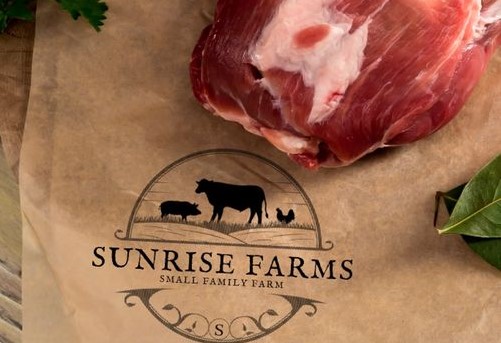Adapted from the writings of Dayan Yitzhak Grossman April 18, 2024 AP News reports: A…

Bais HaVaad on the Parsha, Parshas Shmini
Treifeh Gelt?
April 4, 2024
Excerpted and adapted from a shiur by Rav Shraga Kallus
And they shall remain an abomination to you; you shall not eat of their flesh and you shall abominate their carcass.
Vayikra 11:11
The Gemara (Psachim 23a) derives from “yihyu (they shall remain)” that one may not engage in commerce with nonkosher foods. Tosfos clarifies that only animals that people commonly eat are included in the prohibition, not horses or donkeys. Likewise, selling fur is permitted because it isn’t food, and R’ Moshe Feinstein writes that one may sell nonkosher dog food.
The Mishnah (Shvi’is 7:4) allows the sale of nonkosher food for profit in the case of nizdamein, where it was acquired inadvertently; for example, an animal received as an inheritance or gift, or one that became a neveilah due to a shechitah mishap.
The Rama (Y.D. 117:1) says an employer may not purchase nonkosher food to feed his workers, but the Shach allows it, because the employer derives no direct benefit from the arrangement. This would permit delivering or cooking nonkosher food (other than basar bechalav, the cooking of which is an issur de’Oreisa) for pay, because the benefit is indirect.
The Rama writes that the issur doesn’t include foods that are asur mideRabanan, like pas akum or chalav akum. But R’ Akiva Eiger notes that nonkosher wine may not be sold, because some hold that one may not derive benefit from stam yeinam.





